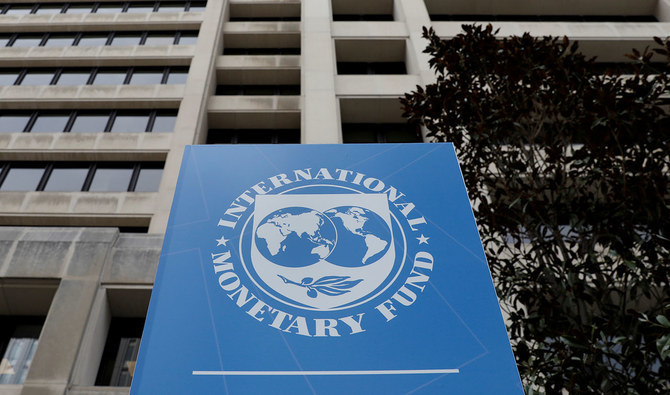Ghana’s recent accentuated debt crisis and subsequent turn to the International Monetary Fund (IMF) for a bailout has stirred a pot of intense debate. On one side of the spectrum, critics view it as a detrimental relapse into dependency, a testament to the government’s inability to effectively manage its finances. On the other, some see it as a necessary remedy, albeit a bitter pill, for an ailing economy.
A Stifling Debt
Ghana’s rising indebtedness to the IMF is troubling. According to the IMF’s Quarterly Finances, the West African nation experienced a 35.55% surge in its debt, accounting for 9.55% of the total loans owed by African countries to the Fund. Such figures are undeniably alarming, and the consequences are palpable: the government has struggled to pay foreign creditors, leading to the unprecedented event of the nation’s bankruptcy. The aftershocks of this financial quake resonate with ordinary Ghanaians who endure soaring food and utility prices, coupled with alarming inflation rates.
The Underlying Issues
While the government cites global factors such as the COVID-19 pandemic and Russia’s invasion of Ukraine as culprits, many in the opposition and civil society believe that the root causes lie much closer to home. Ghana’s economic structure, heavily reliant on imports and often at the mercy of the fluctuating dollar, naturally predisposes the nation to financial vulnerability. Add to that the systemic issue of poor public financial management — evidenced by bloated governmental expenditure on seemingly unnecessary positions — and it’s apparent that Ghana’s issues aren’t simply external.
The IMF’s Double-Edged Sword
Past IMF programmes have undeniably brought about macroeconomic stability in Ghana. Fiscal discipline has often been tethered to these programmes, as the nation has historically struggled with self-regulated financial control. However, an essential question lingers: is the IMF bailout merely a plaster on a festering wound? By addressing the immediate symptoms without tackling the underlying causes, Ghana risks finding itself in a recurring loop of financial crises and bailout requests.
A Way Forward
Ghana’s long-term economic health requires not just immediate relief, but a comprehensive review and restructuring of its financial systems. Such a shift entails promoting local industries to reduce reliance on imports, which invariably strain the Ghana cedi. Also, the government must heed calls for more streamlined and productive public spending, potentially redirecting funds from inflated governmental bodies to essential sectors like education, health, and infrastructure.
While the IMF bailout might offer Ghana a lifeline in the midst of a tumultuous financial storm, it is but a temporary solution. To truly navigate out of these treacherous waters, Ghana must confront its economic maladies head-on, embracing both internal reform and strategic international partnerships. Only then can the nation hope to break free from a cycle of debt and dependency and chart a sustainable course towards financial sovereignty.
Image Credit: REUTERS/Yuri Gripas/File Photo




